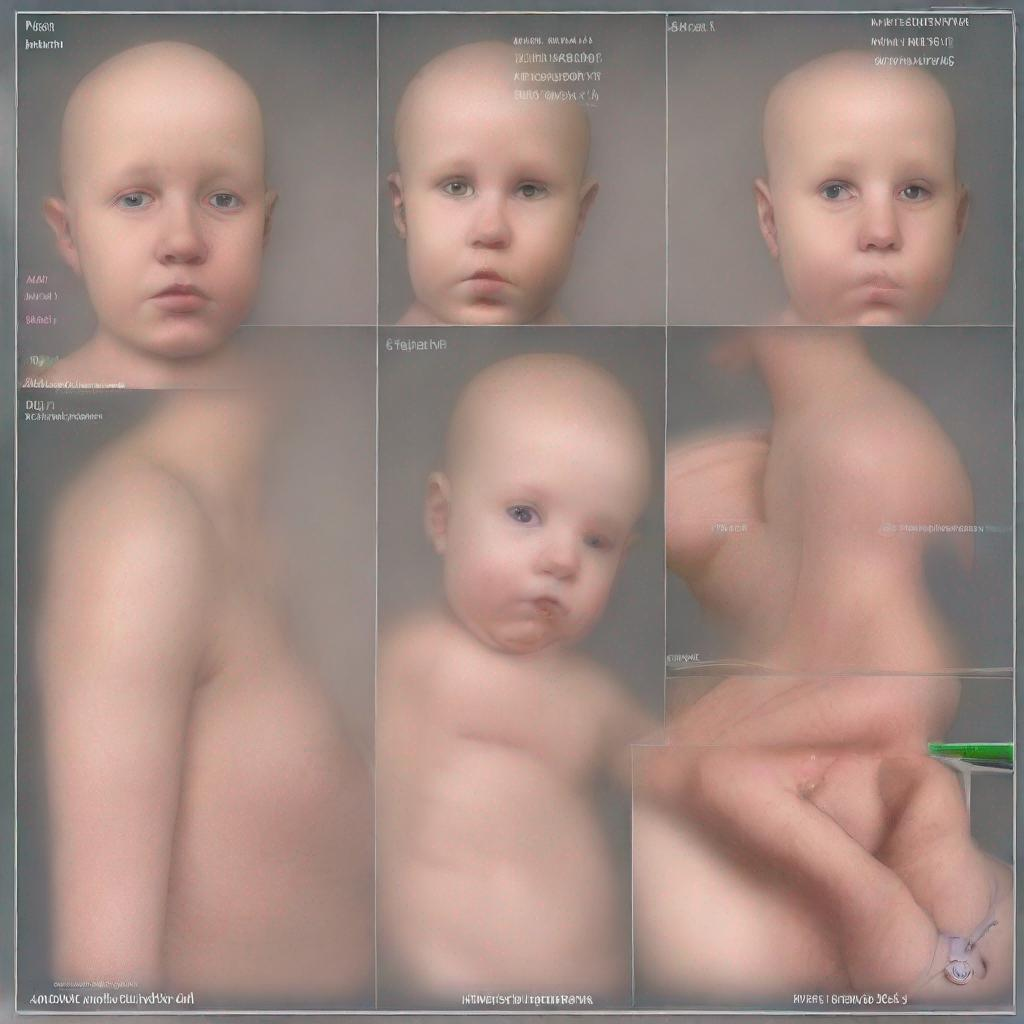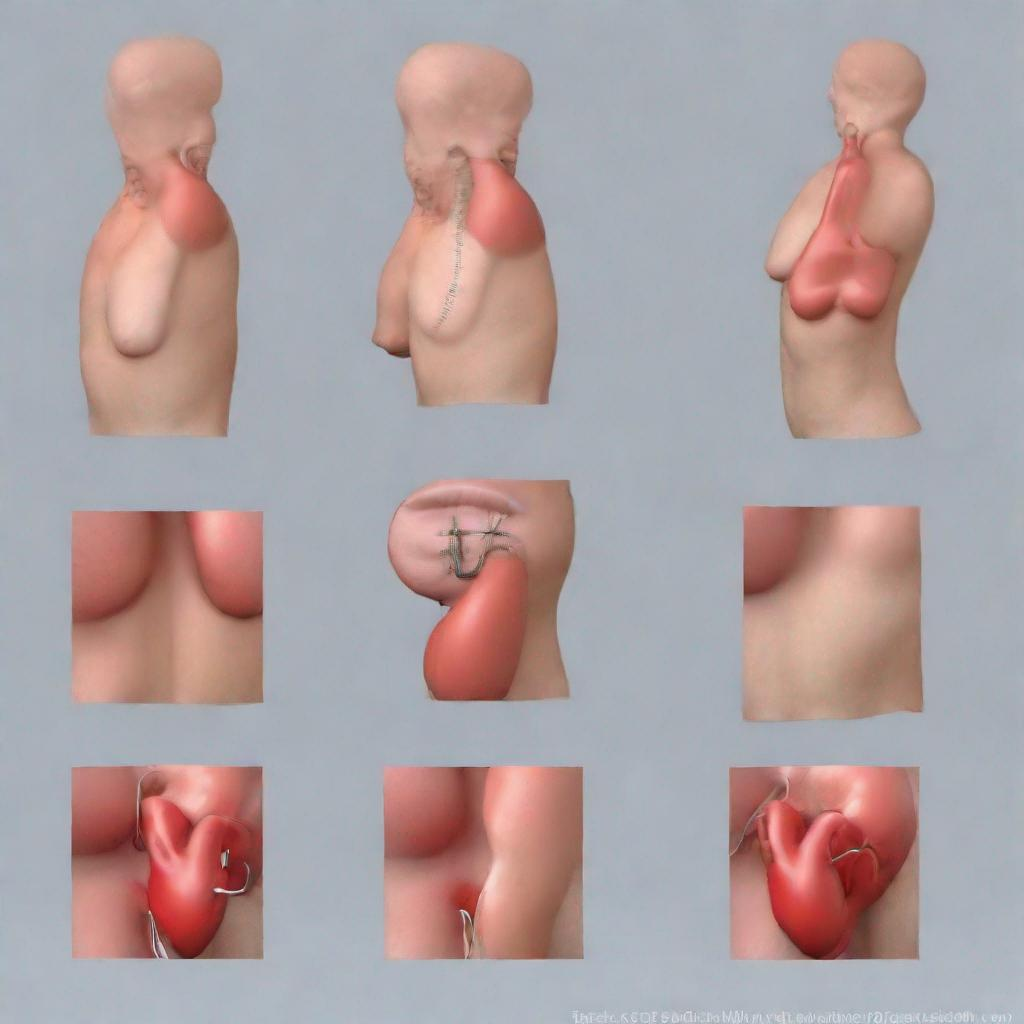## Amniocentesis: A Diagnostic Tool for Identifying Genetic Conditions
### Introduction
Amniocentesis is a prenatal test that analyzes the amniotic fluid surrounding the fetus to identify potential genetic disorders and health conditions. It is typically performed during the second trimester of pregnancy and provides valuable information for expectant parents.
### Procedure
During amniocentesis, a thin needle is inserted into the uterus through the abdomen under ultrasound guidance. A small sample of amniotic fluid is then withdrawn and sent to a laboratory for analysis. The procedure is typically performed by an obstetrician or geneticist with specialized training in prenatal diagnosis.
### Diagnosis
The analysis of amniotic fluid can detect a wide range of genetic disorders and conditions, including:
– Down syndrome
– Trisomy 18
– Trisomy 13
– Spina bifida
– Anencephaly
– Microcephaly
– Cystic fibrosis
– Sickle cell disease
– Tay-Sachs disease
The test can also identify the sex of the baby and detect certain biochemical disorders.
### Importance
Amniocentesis is a valuable test for identifying potential genetic problems in the unborn baby. It provides expectant parents with important information to make informed decisions about their pregnancy. Furthermore, early detection of genetic disorders allows for timely interventions and supportive care, improving outcomes for affected babies.
### Alternatives
Alternative tests to amniocentesis include:
– Chorionic villus sampling (CVS): This test analyzes cells from the placenta and is performed earlier in pregnancy than amniocentesis.
– Ultrasound: Ultrasound can detect certain physical abnormalities, but cannot provide genetic information.
– Percutaneous umbilical blood sampling (PUBS): This test analyzes blood from the umbilical cord and is typically performed in the third trimester to diagnose certain blood disorders.
### Preparation
Before the amniocentesis procedure, expectant mothers should discuss the risks and benefits with their healthcare providers. They should also inform their doctor about any medications or health conditions they have. No special preparation is typically required.
### Duration
Amniocentesis usually takes about 15-30 minutes to perform. The results are typically available within 1-2 weeks.
### Recommendations
Following amniocentesis, expectant mothers may experience some cramping or soreness. They should rest and avoid strenuous activity for a few days. In conjunction with or following amniocentesis, other relevant tests may be recommended, such as genetic counseling, targeted ultrasound examinations, or fetal echocardiography.
### Conclusion
Amniocentesis is a valuable diagnostic tool for identifying genetic disorders and health conditions in the unborn baby. By providing expectant parents with important information, this test helps them make informed decisions about their pregnancy and plan for the future health of their child.




